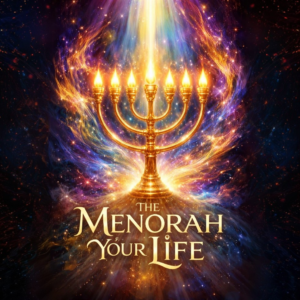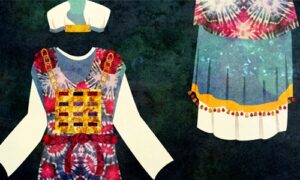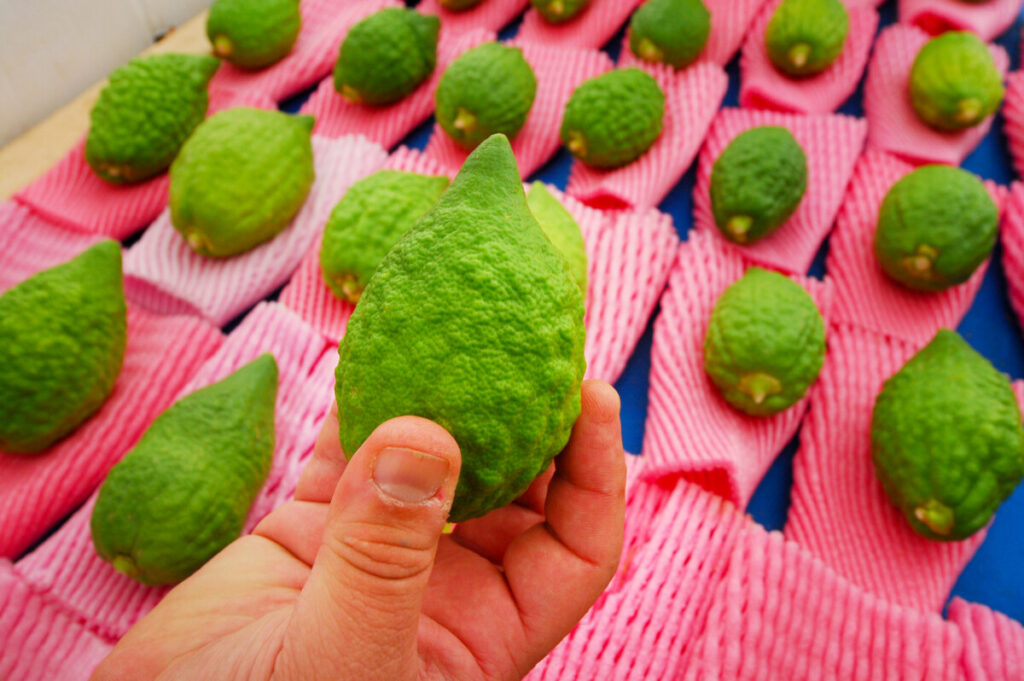- Leaders ⬦ Read ⬦ Redemption
Cry, Mother, Cry – The passing of Rachel Imeinu
I, Chaim your son, am asking you “Cry Mother Rachel! We no longer have the strength to endure exile. Weep for your sons, Mother Rachel, that we should be redeemed already.”
The 11th of Cheshvan is the day of the passing of Rachel Imeinu, whom G-d promised that in her merit He would return her children to the Land of Israel, as it is written: “And the children shall return to their borders” (Jeremiah 31:16).
The reason that G-d promised Rachel to return her sons to the Land of Israel was in the merit of her waiving her rights and giving her sister Leah the signs that Jacob had given her to guard against her being exchanged with her sister. When Rachel was about to marry Jacob, Laban deceived Jacob and brought Leah to him instead of Rachel, but when Rachel realized that her sister Leah would be disgraced, she went and gave her the signs that Jacob had agreed upon with her so that they would not be able to exchange her for Leah (Megillah 13:2).
What was so special about Rachel’s relinquishment that caused HaKadosh Baruch Hu to respond to Rachel’s prayer and say, “in your merit, Rachel”?
Rabbi Chaim Shmuelevitz zt”l (the Mirrer Rosh Yeshiva) explains that when a person gives in on something, he usually makes a point to mention and emphasize the fact that he conceded. But Rachel’s concession was perfect—it was if she had never given up anything at all from her perspective. We learn this from the story as related in the Torah:
“Reuben went in the days of the wheat harvest, and he found mandrakes in the field and brought them to Leah, his mother. And Rachel said to Leah, ‘Now give me some of your son’s mandrakes.’ And she said to her, ‘Is it a small matter that you have taken my husband, that [you wish] also to take my son’s mandrakes?’” (Genesis 30:14-15).
When a person gives in on something, he usually makes a point to mention and emphasize the fact that he conceded. But Rachel’s concession was perfect!
The Torah says that Reuven, Leah’s son, went into the field and found mandrakes, and Rachel asked Leah for her to give her some of the mandrakes. Leah replied to Rachel: “It is not enough that you took my husband that you are also asking for the mandrakes?!” The Gaon Rabbi Chaim Shmuelevitz makes the point: How could Leah say to Rachel: “Is it a small matter that you have taken my husband”? And who took whom from Jacob, for had Jacob not worked for Rachel for seven years? Rachel is the one who conceded to her sister Leah by willingly giving her the signs, well knowing that she might then fall into the hands of the evil Esav. How could Leah then say to Rachel “It is a small matter that you have taken my husband?”
Rabbi Chaim answers: Indeed, this is the ultimate concession: when the person who has given in does not feel that he or she has given up on anything at all. This is when the person who has conceded makes it look completely natural as if the relinquishment was really the right thing to do from the side of justice. This is unlike those people who give in and constantly recall what they gave up on, as if you are now obligated to them for life. When Rachel gave over the signs, she nullified herself completely, as if that was the way it should have been, that Leah should have married Jacob. She didn’t make a big deal out of it and didn’t continually remind Leah that she was the one who had conceded, and that Jacob actually was her soulmate. This is an example of a true concession, and it is the reason that HaKadosh Baruch Hu promised Rachel, saying to her: “In your merit, Rachel, I will return Israel to their place.”
![‘Is it a small matter that you have taken my husband, that [you wish] also to take my son's mandrakes?’”](https://breslov.org/wp-content/uploads/2025/07/לא-די-שלקחת-את-בעלי-את-מבקשת-גם-מהדודאים-צמח-הדודאים-שהביא-ראובן-לאימו-לאה.jpg)
‘Is it a small matter that you have taken my husband, that [you wish] also to take my son’s mandrakes?’”
Thanks to Rachel’s devotion, her relinquishment, and great self-sacrifice, G-d made her the famous promise: “So says the Lord: A voice is heard on high, lamentation, bitter weeping, Rachel weeping for her children, she refuses to be comforted for her children” (Jeremiah 31:14).
About Rabbi Chaim Shmuelevitz himself it is said that when he came to Rachel’s tomb, he would turn to our Rachel Imeinu and say: “Mother Rachel,” HaKadosh Baruch Hu told you “Refrain your voice from weeping,” but I, Chaim your son, am asking you “Cry Mother Rachel! We no longer have the strength to endure exile. Weep for your sons, Mother Rachel, that we should be redeemed already.”
We should all join together with the request of Rabbi Chaim and ask our mother Rachel: “Please, Mother, cry for us! Enough! We no longer have the strength to endure the exile, the coronavirus, the sick people, the lack of a livelihood, the emotional difficulties, and the list goes on. Please Mother, pray for us that we should be redeemed already, for G-d has promised you, ‘In your merit Rachel, I will return Israel to their place.’”
May it be soon and in our days, Amen!
- 1 comment























One Response
Amen!